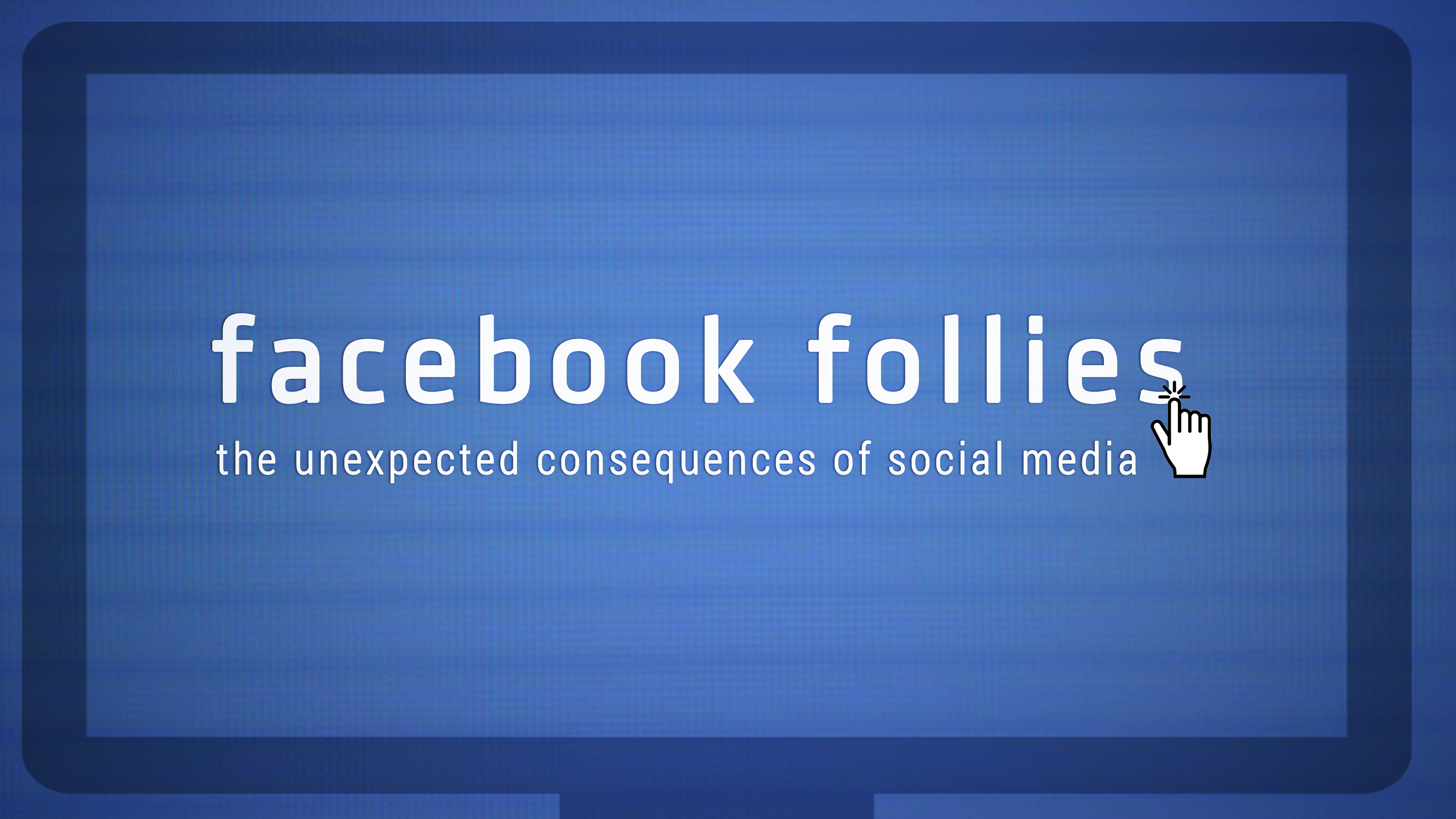Facebook isn’t exactly growing a gray beard, but its users are beginning to skew older.
◊
Twenty years since its founding, Facebook endures as the most popular social media site worldwide, especially among adult women. But as more Millennials delete accounts or limit usage, and Boomers check in with feeds more frequently, Facebook’s active demographics have begun to change.
Facebook’s three billion users have included around 70 percent of U.S. adults since 2016. As Facebook usage is surpassed only by YouTube engagement, no other social media platform holds a candle to Mark Zuckerberg’s creation. Other popular apps like SnapChat, Instagram, and Pinterest continue to be dominated by younger generations.
Meanwhile, 46 percent of people over the age of 65 are on Facebook, but fewer than 10 percent use Instagram, SnapChat, or Twitter. Facebook is clearly a more popular and accessible digital space for older people than other social media sites.
For a closer look at the trailblazer of social media, check out this insightful MagellanTV documentary.
Facebook Is an Unlikely News Source
While Facebook has a reputation as being inclusive of people across all age groups, the gender disparity has always been apparent. In the U.S., over 70 percent of women use Facebook, in contrast to about 60 percent of men. Consequently, women have been more likely to engage with news sources that pop up in the feed.
Regardless of gender, younger people are more likely to turn to other social media sites for news. Forty percent of users spend so much time on Facebook as to treat this social medium as a primary news source.
Facebook Accounts Are the Norm for People of All Ages
In developed nations, where Internet connections are virtually universal, almost everyone participates in social media – Facebook or others. Furthermore, given the variety of devices available to us all, accessing one’s social media accounts to take the odd hit of memes or validation certainly won’t become more difficult anytime soon.
Facebook owes much of its popularity among older generations to its general acceptance overall.
Teens Are Too Cool for Facebook
Facebook’s popularity has declined sharply among teens from ages 13 through 17, particularly among those who live in affluent suburbs. Only one in three teens uses Facebook today, while only 10 years ago, two in three teens used it.
Of course, this is not to say that younger people are more likely to abstain from social media entirely. They just dominate other sites like TikTok, Pinterest, SnapChat, etc.
 Approximately two-thirds of U.S. Baby Boomers have a Facebook account. (Credit: Andrea Piacquadio, via Pexels)
Approximately two-thirds of U.S. Baby Boomers have a Facebook account. (Credit: Andrea Piacquadio, via Pexels)
According to The Economist, while young people might be more likely to have a Facebook account than older people, young people are less likely to check in with their feeds. About 40 percent of teens check in at least once a month, but 60 percent of users from ages 45 through 64 also check in at least once a month. The Economist suggests that young people might avoid Facebook out of rebellion: Nobody wants to see granny’s unfunny picture of minions advocating for political violence.
Facebook may not attract as many younger people because other social media are more image-based. A lot of Facebook (and LinkedIn) is text-based. SnapChat lets you turn your brain off to watch a silly video, but a wall of text in your Facebook feed about the election or other trending topics is more mentally demanding.
Finally, despite this clear age migration, Facebook remains balanced from a political perspective. About half of U.S. users are Republicans; the other half identify as Democrats. Fewer than 10 percent classify themselves as independent.
Time will tell what impact an aging demographic will have on political and gender breakdown. How Facebook responds to these changes will determine its relevance and usefulness in the coming decades. Whatever Facebook’s future holds, its parent company, Meta, will likely remain a technological powerhouse and proud owner of many social media sites.
Ω
Title Image source: Adobe Stock


